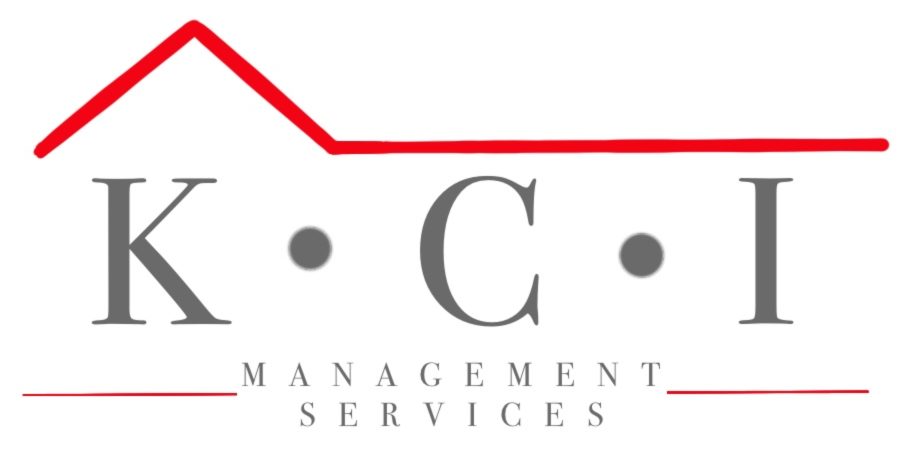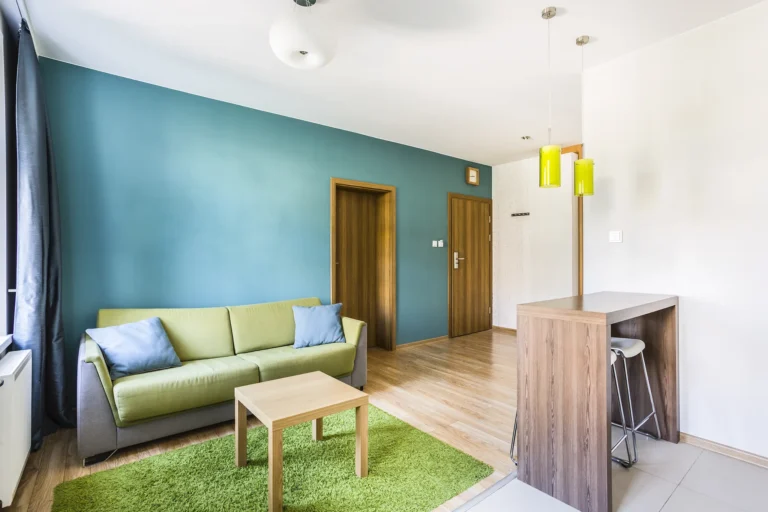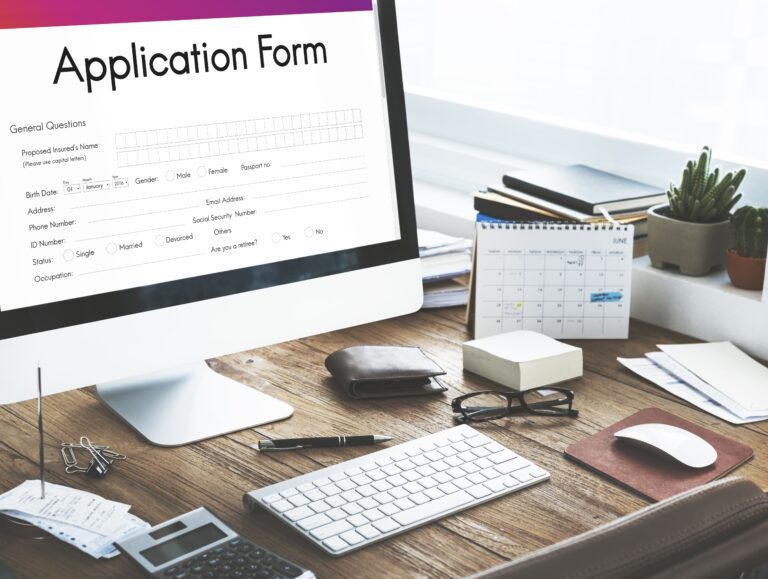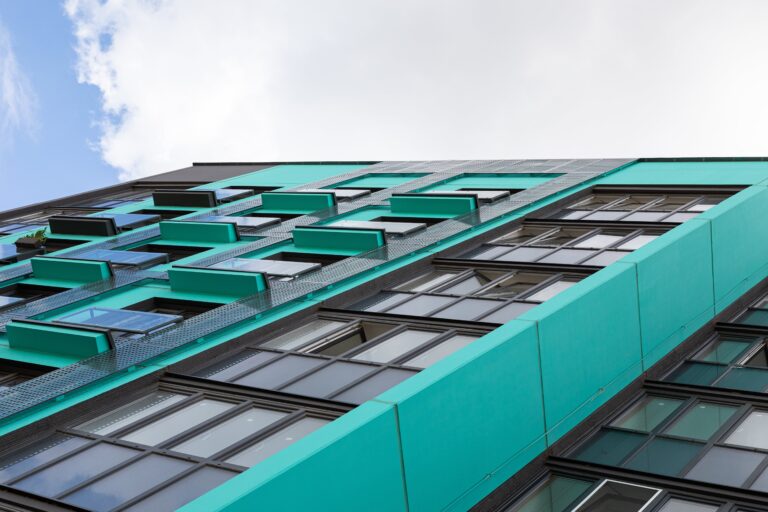Landlord Red Flags: Student Accommodation Tips

Looking for accommodation can be difficult. South Africa has a severe shortage of student accommodation and unfortunately this means that some people take advantage of students who are desperate to find a place to stay. That is why it is so important to know what to look out for when you are weighing your different options.
If they don’t let you take a tour
If the landlord refuses to let you see the unit before making a deposit, consider that a major red flag. Naturally, when places are advertising rooms, companies/landlords show the best of the best, and that is not necessarily guaranteed to be what you will get. Therefore, if you can, you should tour the facilities.
In so doing you can see what the structure looks like, if there is any damage or if there are areas of concern like mould or a lack of amenities. If you ask for a tour and they insist that you must pay the deposit first or flat out say no, then that is a red flag that the place might not be legit.
No Safety or Security Measures
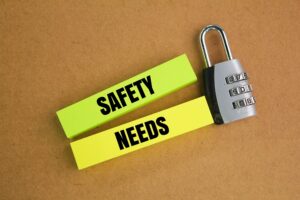
Your safety is the biggest concern. A place is a red flag if there isn’t any type of security measures in place. Poor lighting, no cameras, no burglar bars, no controlled access; these are just a few of the things that should raise an eyebrow.
Missing one of them isn’t too much of a concern but if there is nothing at all then you should be wary. Your safety also extends to the inside of your unit. If there is no smoke alarm or no fire extinguisher in sight, then that is also a major issue.
There should also be somewhere where you can easily access emergency contacts that if you need them, you know where to look for them.
No Signed Lease Agreement from landlord
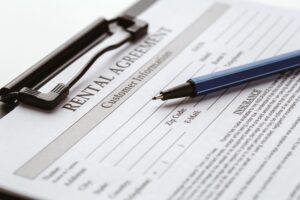
Never make a payment without a written and singed lease. If the place is demanding payment before anything has been signed then they can take you money and ghost, and you will have no recourse. It is important for there to be written and agreed upon terms before you pay anything to anyone.
Unlicensed or Unaccredited Housing
If the accommodation you’ve chosen claims to be accredited by your university or NFSAS or any institution, then make sure to double check with said institution. If they are not actually affiliated, then it might be better to walk away.
You don’t want to live in a place that makes empty promises. Additionally, being accredited means that the accommodation meets minimum standards that are set out by the university, and if the accreditation doesn’t exist then it is entirely possible that the place might not be meeting those minimum standards.
Refusal to Allow a Proper Inspection or Questions
When touring a place and communicating with a landlord or managing agent, you should be allowed to ask questions and take pictures of the place. If you aren’t allowed to take photos or if your questions aren’t being answered, then that might mean that there is something to hide.
Pro tip: If you can, ask around and find out from the current tenants about their experience. They will give you a more realistic view on what the actual experience is like. If we are being honest, a company is trying to sell you a product and so they will upsell the experience, the best way to get accurate information is to check comments online and to ask tenants current tenant what their thoughts are.
No Nearby Amenities
Rent might be cheap but if amenities like grocery stores and laundry services are far away then you might end up spending a lot of money on travel and fuel expenses. Do the math and figure out if the cheaper rent is worth the inconvenience.
Hidden Monthly Costs
Cheap rent might come with many hidden costs. Ask the agency or landlord upfront about what other costs you might need to carry on a month-to-month basis. A cheap rental price might be because it doesn’t include the cost of water, internet, electricity or gas. Additionally, you might find that your parking space might also come at an additional monthly cost.
Read More: University Roommate Survival Guide: Living with Others
Requests for Cash-Only Payments
Any payment that you make should be through official payment channels. If the place demands, cash payment only then at is a red flag that you should be very wary of. Any, and all payments should be traceable. Payments without a paper trail are hard to prove and so if there is a dispute you might find yourself in a tough spot.
Issues to look out for
When touring a place, you might not know what to look out for a what the red flags might be. Here are a few things that you should keep an eye out for:
- Missing or broken locks
- Overcrowded rooms
- Unresponsive or rude landlord/managing agent
- Mould/mildew
- Poor ventilation
- Poor lighting
- Leaking pipes
- Uncleanliness
Some red flags might just be a mismatch of lifestyle. It is entirely possible that the accommodation is great, but the rules are too strict or too flimsy. If that is the case, you might want to keep looking at other options instead of having to live under rules that make you uncomfortable.
Final Thoughts
The best protection against bad landlords is vigilance, documentation, and clear communication. If something feels off, it usually is. Reliable landlords don’t avoid questions, pressure you into payment, or hide critical information.
If you’re ready to avoid the uncertainty and secure a safe, professionally managed space — apply for student residential accommodation at KCI Properties. They offer verified, student-friendly housing with proper leases, responsive support, and all the essentials covered — no games, no surprises.
